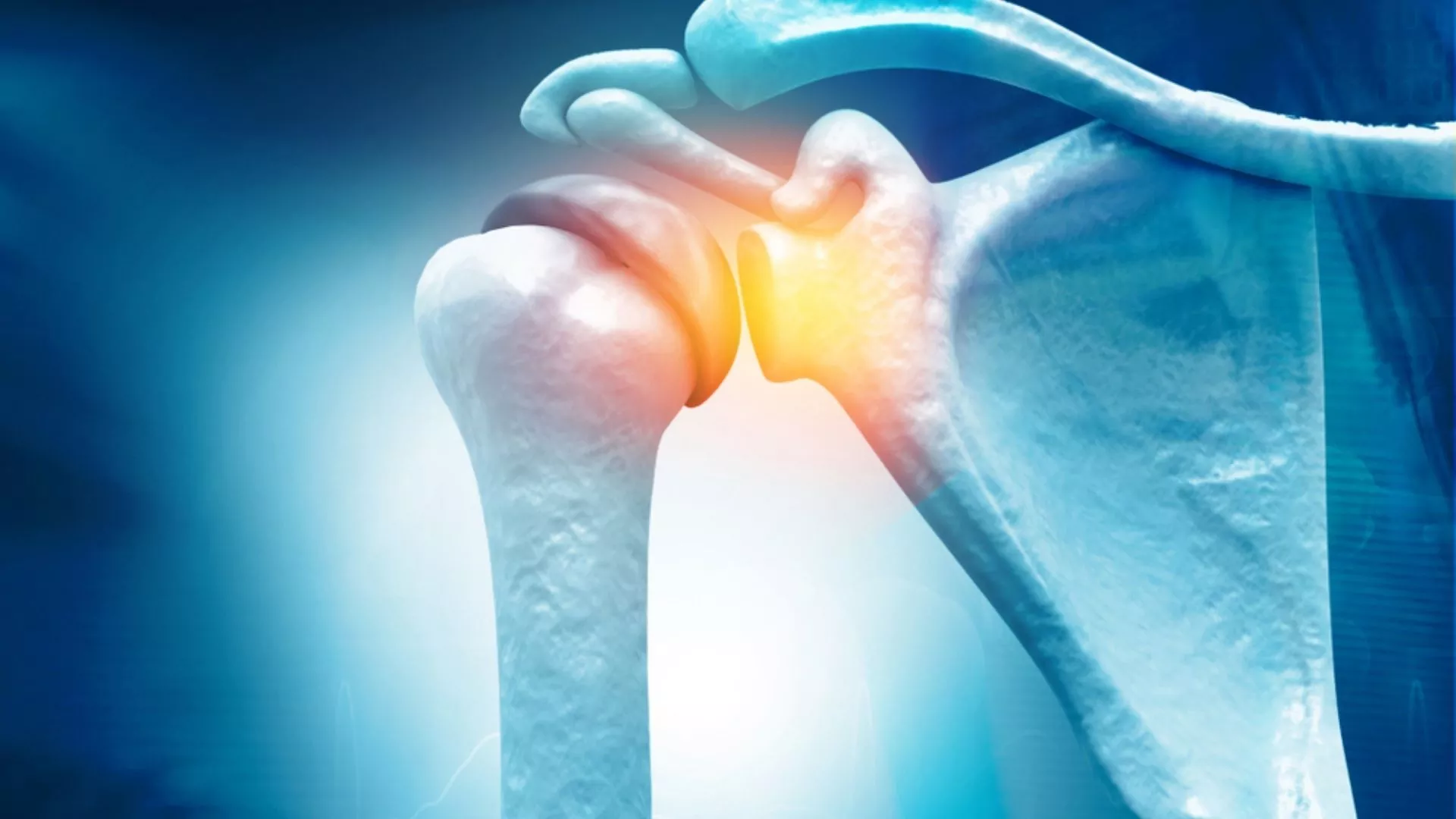Frozen shoulder, also known as adhesive capsulitis, is a painful and limiting condition that affects the mobility of the shoulder joint. If you’re experiencing shoulder pain and stiffness, it’s essential to understand the causes, symptoms, and available treatment options in Bangalore. In this article, we’ll explore the key aspects of frozen shoulder, providing you with valuable insights to help you make informed decisions about your care.
What Causes Frozen Shoulder?
Frozen shoulder typically develops gradually and is often characterized by the following causes:
Inflammation: Inflammation of the shoulder joint’s lining can lead to the development of scar tissue and the thickening of the joint capsule. This restricts movement and causes pain.
Injury or Surgery: A prior shoulder injury or surgery can increase the risk of developing frozen shoulder. Immobilization during recovery may contribute to its development.
Systemic Conditions: Certain medical conditions, such as diabetes, can increase the likelihood of frozen shoulder. People with diabetes are more susceptible to connective tissue problems, including those in the shoulder joint.
Idiopathic: In some cases, frozen shoulder may occur without any apparent cause, leading to its classification as “idiopathic.”
Recognizing the Symptoms of Frozen Shoulder
The hallmark symptoms of frozen shoulder often progress through three distinct stages:
Freezing Stage: This initial stage is characterized by the gradual onset of pain and stiffness in the shoulder. It may worsen over time, and it can make simple tasks, like reaching overhead or behind your back, challenging.
Frozen Stage: During this stage, the pain may subside, but the stiffness intensifies, severely limiting your shoulder’s range of motion. Everyday activities become increasingly difficult.
Thawing Stage: In the final stage, the shoulder slowly regains its mobility. The process can take several months to years, and full recovery may not be achieved.
Common symptoms include:
Persistent pain in the shoulder
Limited range of motion, especially when raising your arm or rotating it
Difficulty sleeping due to pain or stiffness
Difficulty with routine tasks like dressing or combing your hair
Treatment Options for Frozen Shoulder in Bangalore
If you’re experiencing frozen shoulder, it’s crucial to explore the treatment options available in Bangalore. These options focus on relieving pain, restoring mobility, and improving your overall quality of life:
Physiotherapy:
Physiotherapy in Bangalore is a cornerstone of frozen shoulder treatment. It includes targeted exercises and manual techniques that help improve shoulder flexibility and reduce pain.
Medications:
Nonsteroidal anti-inflammatory drugs (NSAIDs) and corticosteroids may be prescribed to manage pain and inflammation.
Heat and Ice:
Applying heat and ice packs can help alleviate pain and reduce inflammation. Your physiotherapist can guide you on when and how to use these effectively.
Corticosteroid Injections:
In some cases, corticosteroid injections directly into the shoulder joint can provide relief from pain and inflammation.
Hydrodilatation:
This procedure involves injecting sterile water into the shoulder joint to stretch the capsule and improve mobility.
Surgery (Rarely):
In severe cases where other treatments haven’t been successful, surgery may be considered. Surgery aims to release the joint capsule, allowing for greater movement.
Lifestyle Modifications:
Adapting your daily routines and activities can help minimize stress on your shoulder joint during the recovery process.
Final Thoughts
Understanding the causes, symptoms, and treatment options for frozen shoulder is the first step toward a successful recovery. If you’re experiencing shoulder pain and stiffness in Bangalore, consult with a healthcare professional for a proper diagnosis and a personalized treatment plan.
Our commitment is to provide you with the information and care you need to regain your shoulder’s mobility and function. To learn more about frozen shoulder treatment in Bangalore and how we can assist you on your journey to recovery, please visit our frozen shoulder treatment page or consult with our experienced team.
Remember, while these treatment options can help manage and alleviate frozen shoulder, it’s crucial to consult with a healthcare professional for a thorough evaluation and personalized care plan. Your path to recovery begins with understanding your condition and exploring the treatment options available in Bangalore.


